#paul stevens
Explore tagged Tumblr posts
Text







"I must. I must experience the greatest act of a human mind: to take another life".
The Mask (dir. Julian Roffman, 1961).
#the mask#paul stevens#1961#halloween films#horror#canada#my edits#screencaps#caps#classicfilmsource#classicfilmblr#oldfilmglobal#horror films
23 notes
·
View notes
Text

The Mask (1961)
WRTV Indiana ad from 1987.
#the mask#paul stevens#claudette nevins#bill walker#1961#1960s movies#julian roffman#horror#vintage tv ads#vintage movie ads
109 notes
·
View notes
Text



























Series Premiers
Men Into Space - Moon Probe - CBS - September 30, 1959
Drama
Running Time: 30 minutes
Written by Arthur Weiss
Produced by Lewis J. Rachmil
Directed by Walter Doniger
Stars:
William Lundigan as Col. Edward McCauley
Angie Dickinson as Mary McCauley*
Paul Burke as Major Billy Williams
Paul Richards as Air Force Liason Officer (Paul)
H.M. Wynant as Major Joe Hale
John Vivyan as Ground Controller
Robert Cornthwaite as Reporter
Stacy Harris as Reporter
James Anderson as Reporter
William Phipps as
Edward Kemmer as Communications Officer
Charles Maxwell as Technical Officer
Susan Dorn as Oregon Mini Track 1
Ashley Cowan as France Mini Track
John Bleifer as Russia Mini Track
Jacques Gallo as France Mini Track
Robert Kino as
Sam Capuano as
Moody Blanchard as Florida Able-1 Mini Track
Charles Herbert as Pete McCauiey
*Angie Dickinson only appeared in the pilot episode. The part of Mary Maculey was played by Joyce Taylor in eight episodes of the regular season.
#Moon Probe#TV#Men into Space#1950's#1959#Drama#CBS#William Lundigan#Angie Dickinson#H. M. Wyant#Paul Burke#Paul Stevens#John Vivyan#Series Premiere
5 notes
·
View notes
Text
youtube
Lack of Knowledge - Radioactive Man
#lack of knowledge#radioactive man#daniel drummond#tony barber#paul stevens#philip barker#paul ellis#new wave#post punk#anarcho punk#grey#ep#1984#Youtube
2 notes
·
View notes
Text



INTERVIEW WITH THE VAMPIRE Kalyne Coleman as Grace de Pointe du Lac Delainey Hayles as Claudia Steven G. Norfleet as Paul de Pointe du Lac

#iwtvedit#iwtv#interview with the vampire#grace de pointe du lac#claudia#claudia iwtv#paul de pointe du lac#louis de pointe du lac#kalyne coleman#delainey hayles#steven g. norfleet#jacob anderson#beegifs#tvedit#vampterview
1K notes
·
View notes
Text
when you get a new character fixation but find out that there's a lot less fics of them then you were hoping for
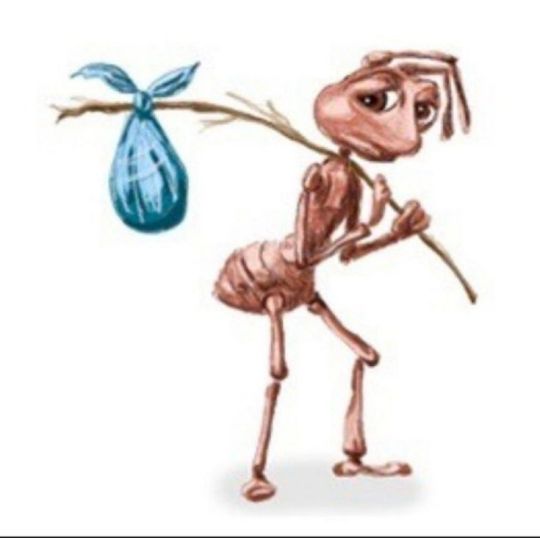



#hope this makes sense#frank (abigail)#dan stevens#finn mcnamara#finn lis2#boothill#venetia catton#eli sunday#paul dano#duke leto atreides#oscar isaac#idris elba#adrian chase#freddie stroma#peacemaker#john cena#dev patel#hick 2011#clement hick 2011#rory culkin#sergio marquina#the professor#money heist#alvaro morte#it's always sunny in philadelphia#r.j. macready#togata#fire punch#aikuro mikisugi#kill la kill
2K notes
·
View notes
Text

Steven Meisel - Debbie Deitering Wearing Jean Paul Gaultier (Vogue 1994)
#steven meisel#debbie deitering#vogue#photography#fashion photography#vintage fashion#vintage style#vintage#retro#aesthetic#beauty#90s#90s fashion#90s aesthetic#90s model#1990s#1990s fashion#editorial#jean paul gaultier
935 notes
·
View notes
Text
Trans Characters From the Vault: Volume 4! This volume's theme is Fire and Fusion. Have some trans rep recommendations to get you through hard times!












Trans & Nonbinary Character Profiles #1
Trans & Nonbinary Character Profiles #2
Trans & Nonbinary Character Profiles #3
#trans artist#transfem#trans comic#lgbtq comics#trans comics#queer comics#indie comics#trans woman#non binary artist#nonbinary#trans man#dc comics#dc fanart#marvel comics#marvel characters#x men comics#coagula#steven universe#stevonnie#911 show#911 lone star#paul strickland#good arson#vertigo comics#doom patrol#rachel pollack#love me for who i am#ryuunosuke mogumo#long post
297 notes
·
View notes
Text
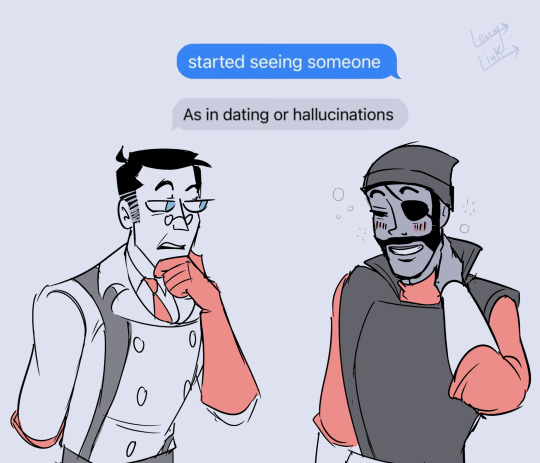
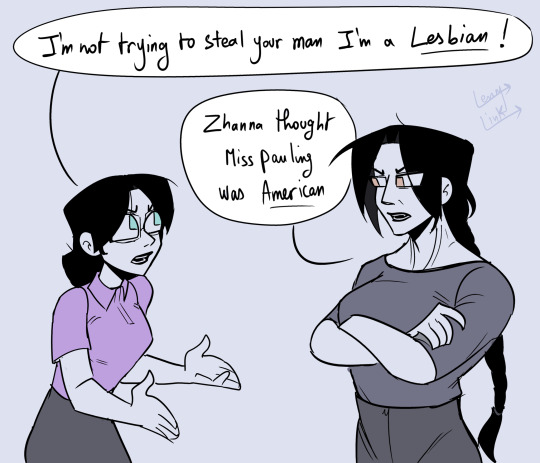
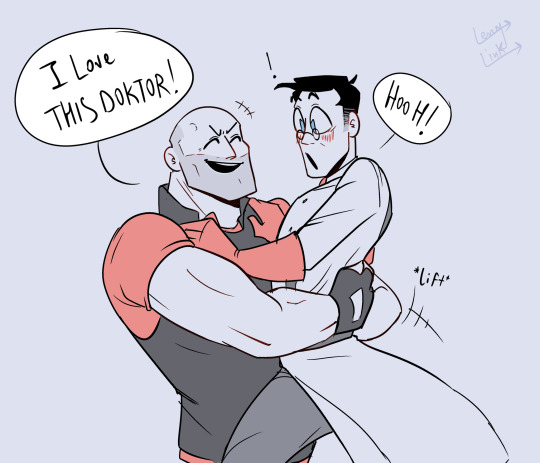
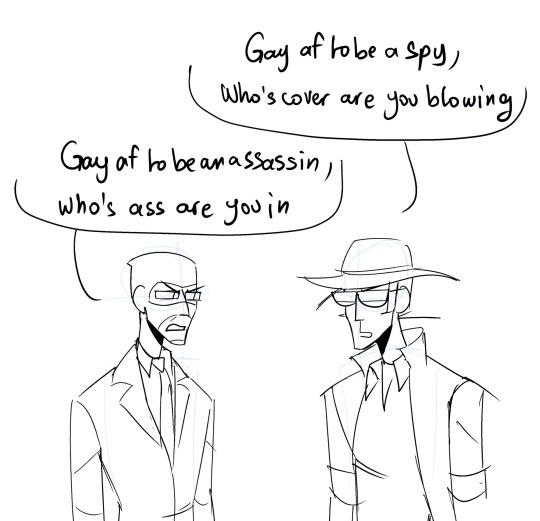
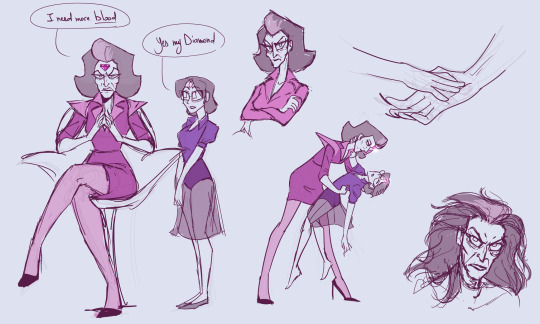
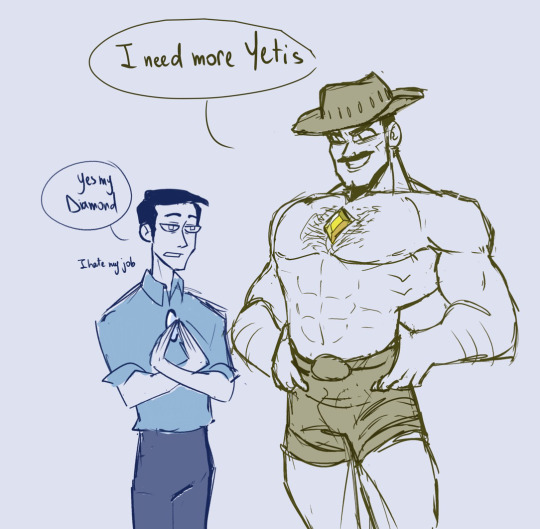

doodle dump 2023
#no i dont really ship sniperspy but femsniperspy hit different fr!!#my art#tf2#team fortress 2#fan art#lennylink#tf2 spy#mini comic#tf2 demoman#tf2 medic#tf2 miss pauling#tf2 zhanna#tf2 heavymedic#tf2 heavy#tf2 sniper#administrator tf2#tf2 saxton hale#tf2 bidwell#steven universe au#fem fortress#sniperspy#fem sniperspy#fem spy#fem sniper#miss pauling x administrator#red oktoberfest
1K notes
·
View notes
Text




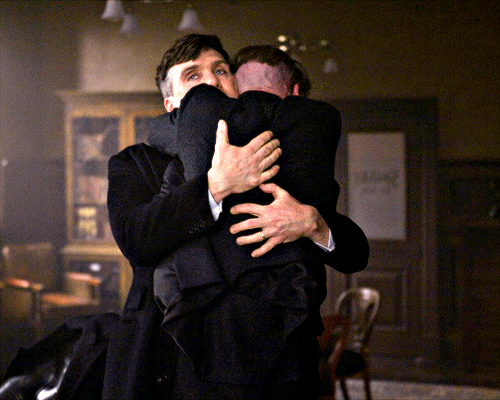

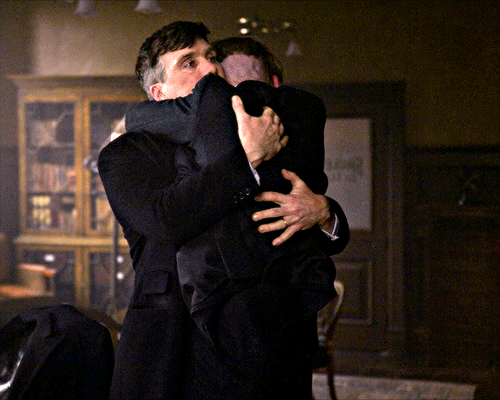



"i'm clean, man. the dragon's fucking gone. thanks to you. fucking thanks to you."
peaky blinders — 6x06 created by steven knight
#just collapsed on the floor#this is like the tightest and the longest hug in tv history. deep love heartbreak and gratitude all at once...#that's his doggish baby !!! (he's literally his older brother) how is tommy gonna do in the film without him like wym...#idk personally i think these two are seriously troubled and can never imagine a life without each other but alas !!!#feeling ill for them today#peaky blinders#tommy shelby#arthur shelby#tommyarthur#steven knight#perioddramaedit#tvedit#cillian murphy#paul anderson#onlyperioddramas#weloveperioddrama#dailyflicks#tvarchive#cinemapix#by jen
349 notes
·
View notes
Text








IWTVWriters: The boys rehearsing their big argument. (Ep 1x03)
parisandpeyton: A few #bts snippets w/ the De Pointe Du Lac family…💕Fun fact: Our first film day was shot past midnight, we were super excited to stay up after our bedtime.🌙 (Ep 1x03)
IWTVWriters: Behind the Scenes: Louis’s First Visit Home Post-Transformation (Ep 1x02)
IWTVWriters: Behind the Scenes: Lestat's Townhouse (Ep 1x02)
IWTVWriters: Getting ready for a nice stroll after a… contentious dinner at the Du Lac Manor. (Ep 1x01)
IWTVWriters: Behind the Scenes: Grace’s Wedding (Ep 1x01)
IWTVWriters: Behind the Scenes Video: Grace’s Wedding (Ep 1x01)
#jam reiderson#jacob anderson#sam reid#Kalyne Coleman#Steven G. Norfleet#louis de pointe du lac#lestat de lioncourt#paul de pointe du lac#grace de pointe du lac#interview with the vampire#iwtv#1x01#1x02#1x03#season 1 behind the scenes
124 notes
·
View notes
Text
I just made this random chart for all my pookies to understand my type in men
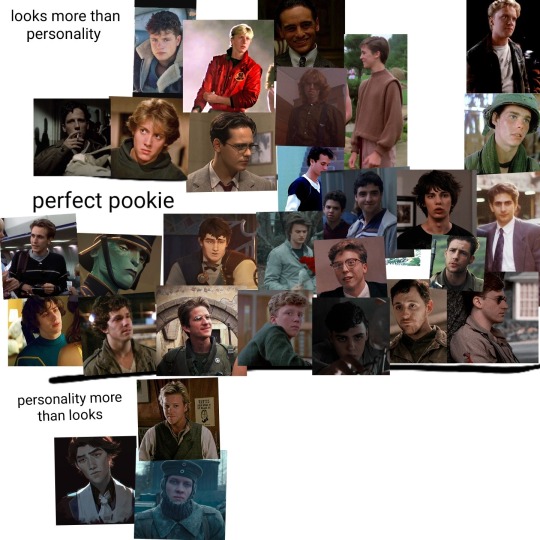
For the memo I find them all fuckable and even datable even the ones in looks more than personality it's just my personal chart to organize things and see with ho I correspond more.
Can yall help me what is my type?
#Band of brothers imagine#Steven meeks imagine#Dps#enoch o'connor x reader#dave lizewski imagine#David krumholtz#Steb arcane#claggor arcane#Rodrick hefley imagine#Private Joker x reader#Eugene sledge x reader#brian johnson x reader#malachai boardman#tod waggner x reader#War movie girlie#Characters I like#80s movie#full metal jacket#Crushes#fanfics#paul baumer x reader
113 notes
·
View notes
Text










Hey! And also for the fellow old band fans, I'm also a band fan artist! I have all of these on sale in my INPRNT shop. If you can't buy one right now, feel free to follow me to keep seeing more of these guys in your dash :^)
#fanart#band fanart#the beatles#paul mccartney#john lennon#george harrison#ringo starr#cat stevens#yusuf#noel gallagher#bob dylan#british music#60s#sixties#mixed media#artists on tumblr#inprnt shop#print shop#illustration#mclennon
160 notes
·
View notes
Text
Paul and Ringo's conflict in 1969/70
SG: Then, what happened? You finally got to meet with John and Yoko, and there was an all-night session at the Dorchester hotel. And something happened in that all-night session at the Dorchester that totally won their allegiance to you. AK: John said, listen, the Beatles are represented by the Eastmans, will you represent me and Yoko? SG: The Beatles’ legal affairs were represented by the Eastmans? AK: You see, you have to read that piece of paper. SG: The piece of paper the Eastmans had with the boys? AK: Oh yes. All signed. SG: All of them signed it? AK: Yes. And Apple. It never used the word management, but it didn’t have to. If you represent all the negotiations throughout the world of Apple and the Beatles, you have it. The import of that particular piece of document was that everything would have to flow through them.
(Allen Klein, 1980, interview with Peter Brown and Steven Gaines, All You Need Is Love, 2024)
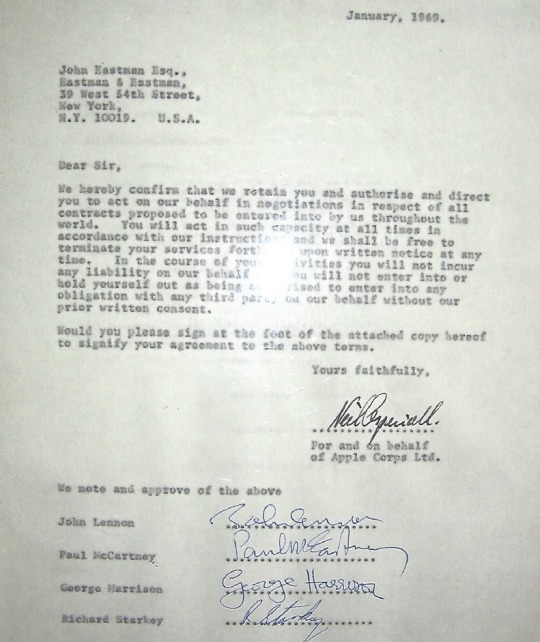
John comes into the office and says, ‘Don’t care about the others, don’t give a shit … but I’m having Klein, he can have all of my stuff and get it sorted out.’
(Derek Taylor, As Time Goes By, 1973)
AK: …We were just trying to get to know one another… Lennon and Yoko, I would rather not say what won them over for me. I would think that a principal thing was the fact that they really wanted someone for themselves. Apart from the Beatles. That’s really what it was. John is a very practical human being and the conflict was there, and it was his band and he was losing control, and he didn’t want to. He wanted to be protected. It was as simple as that. That first evening that I met with John, he said, “Do you want to represent us?” I said yeah.
(Allen Klein, 1980, interview with Peter Brown and Steven Gaines, All You Need Is Love, 2024)
When the four of us entered into our partnership agreement in 1967, we did not consider the exact wording or give any thought to the agreement's legal implications. We had thought that if one of us wanted to leave the group he would only have to say so. On the way in which the four of us had sorted out our differences in the past, I deny that it had been on a three-to-one basis. If one disagreed, we discussed the problem until we reached agreement or let the matter drop. I know of no decision taken on a three-to-one basis. I deny that the Eastmans and I obstructed Mr. Allen Klein in the preparation of accounts. Nor had the Eastmans been contenders for the job of manager for the group. I wanted them as managers but when the rest of the group disagreed, had not pressed the matter. Mr. Lennon had challenged my statement that Mr. Klein had sowed discord within the group, but I recall a telephone conversation in which Mr. Klein had told me, "You know why John is angry with you? It is because you came off better than he did on Let It Be.' Mr. Klein also said to me, 'The real trouble is Yoko. She is the one with ambition.' I often wonder what John would have said if he heard the remark.
(From Paul McCartney’s affidavit, Feb 26 1971, The Beatles Diary. Volume 2. After The Break Up. 1970-2001. Keith Badman)
I was very upset when they said I was just trying to bring in Lee Eastman, because he’s my in-law. As if I’d just bring in a member of the family, for no reason. They’d known me twenty years, yet they thought that. I couldn’t believe it. John said, ‘Magical Mystery Tour was just a big ego trip for Paul.’ God. It was for their sake, to keep us together, keep us going, give us something new to do…
(Paul McCartney, Private Call with Hunter Davies, May 1981)
Klein keeps saying that I don’t like him because I want Eastman to manage the Beatles,’ he said. ‘Well, this is how it really happened. I thought, and still think, that Linda’s father would have been good for us all. And I decided I wanted him. But all the others wanted Klein. Well, all right, they can have Klein, but I don’t see that I have to agree with them. ‘I don’t think I need a manager in the old sense that Brian Epstein was our manager. All I want are paid advisers, who will do what I want them to do. And that’s what I’ve got. If the others want Klein, well, that’s up to them, but I’ve never signed a contract with him. He doesn’t represent me. I’m sure Eastman is better for me.
(Paul McCartney, interview, Evening Standard, April 21-22, 1970)
In fact, there was one classic little meeting when we were recording Abbey Road. It was a Friday evening session, and I was sitting there, and I’d heard a rumor from Neil or someone that there was something funny going around. So we got to the session, and Klein came in. To me, he was like a sort of demon that would always haunt my dreams. He got to me. Really, it was like I’d been dreaming of him as a dentist. He came round to the session, and he said, “I gotta have this thing signed, I gotta get you guys on a contract,” and then so I said, “Wait a minute, c’mon, it’s Friday night, what’s the hurry? Give us the thing over the weekend, and we’ll let ya know Monday?” Fair enough? And everyone said, “Uh-huh, there he goes.” ... John said, “Oh, fucking hell, here you go, stalling again.” I said, “I’m not stalling, I want it checked out. It’s a big movement, going with a new manager, you know, and maybe we don’t want to go with this guy. What’s the hurry? Why can’t he wait?”
(Paul McCartney, 1980 - All You Need Is Love: The End of the Beatles by Peter Brown and Steven Gaines, 2024)
‘Security is the only thing I want. Money to do nothing with, money to have in case you wanted to do something.’
(Paul McCartney (1964) in Love Me Do! The Beatles’ Progress by Michael Braun, 1964/1995)
They said, “Oh no, typical of you, all that stalling and what. Got to do it now.” I said, “Well, I’m not going to. I demand at least the weekend. I’ll look at it, and on Monday. This is supposed to be a recording session, after all.” I dug me heels in, and they said, right, well, we’re going to vote it. I said, “No, you’ll never get Ringo to.” I looked at Ringo, and he kind of gave me this sick look like, Yeah, I’m going with them.Then I said, “Well, this is like bloody Julius Caesar, and I’m being stabbed in the back!” It’s the first time you realize in our whole relationship that whenever we voted, we never actually had come to that point before—three were going to vote one down. That was the first time, and they all signed it, they didn’t need my signature.
(Paul McCartney, 1980 - All You Need Is Love: The End of the Beatles by Peter Brown and Steven Gaines, 2024)
Steve Miller happened to be there recording, late at night, and he just breezed in. ‘Hey, what’s happening, man? Can I use the studio?’ ‘Yeah!’ I said. ‘Can I drum for you? I just had a fucking unholy argument with the guys there.’ I explained it to him, took ten minutes to get it off my chest. So I did a track, he and I stayed that night and did a track of his called My Dark Hour. I thrashed everything out on the drums. There’s a surfeit of aggressive drum fills, that’s all I can say about that. We stayed up until late. I played bass, guitar and drums and sang backing vocals. It’s actually a pretty good track. It was a very strange time in my life and I swear I got my first grey hairs that month. I saw them appearing. I looked in the mirror, I thought, I can see you. You’re all coming now. Welcome.
(Paul McCartney in Many Years From Now by Barry Miles, 1997)
The nature of The Beatles’ management deal with Allen Klein remains a source of annoyance to McCartney: “I kept saying, ‘Don’t give Allen Klein 20 per cent, give him 15, we’re a big act!’ And everyone’s going, ‘No, no, he wants 20 per cent’. I say, ‘Of course he does, he wants 30, really, but give him 15. It’s like buying a car. You don’t give the guy what he asks for.’ But it was impossible in the end, because it became three to one and I was like the idiot in the corner – trying, I thought, to save the situation.” “And to Klein it looked like I was trying to screw the situation. He used to call me the Reluctant Virgin. I said ‘Fuck off, I don’t want to fucking marry you, that’s all.’ He’s going, ‘Oh, you know, he may, maybe he will, will he, won’t he, that’s a definite maybe.’
(Paul McCartney, Dec 2003, interview with Paul Du Noyer for The Word)
Q: He was once quoted in New York magazine as saying he was going to roast your ass. А: Yeah, well, he never did, you know, and that’s cool. He wouldn’t get near my ass to roast it, anyway. Punk.
(Paul McCartney, Jan 1974, interview with Paul Gambaccini for Rolling Stone)
[Allen] Klein came to London with the sole objective of closing the deal, and having had an unsuccessful meeting with Paul in the morning, he left for Heathrow to return home to New York. Paul and I were working together in Olympic that afternoon, and there was a noticeable sense of relief when he heard that Klein had left for the airport. However, Klein had second thoughts about leaving and decided to have one more attempt at changing Paul’s mind face-to-face. Unannounced, Klein walked into the studio, and very quickly it became apparent that as voices were raised a private conversation was taking place. I turned off all the mics in the room and left them to it. The control room of a studio is isolated from the recording room where the musicians play, but even all that acoustic treatment was not enough to prevent me hearing Paul McCartney defend himself against Allen Klein’s attempt at bullying him into submission. It was extremely unpleasant to witness.
(Glyn Johns, Sound Man: A Life Recording Hits with the Rolling Stones, the Who, Led Zeppelin, the Eagles, Eric Clapton, the Faces…, 2014)
I never much liked authority. I didn't like school teachers or critics telling me what I could do. Or myself telling me. I'm alive - do it!
(Paul McCartney, March 2001, interview with Nicci Gerrard for the Observer)
And the thing is, of course, you know that when you’ve got a daddy, it is nice. If you’re a little bit sort of worried as to what to do next, and your daddy says, [claps hands] “What are you worried about? Hey John, what do you want, son? You want a house? [claps hands] You got it.”
(Paul McCartney, November 11th, 1971, interview with Chris Charlesworth for Melody Maker)
They talk Klein’s script. John Lennon once said to Allen Klein, “So what do I do now, Allen?” You know, I mean, these are all – I’d say there are certain little things, you know, and… brought together in one big thing, it does look a bit sort of heavily that way. It’s not [inaudible]. But it’s all true, you know. It’s not… John did say that. And it indicates something that he’s just turned to Allen and said, “Well, what do I do now?” And that’s the kind of role that Klein is playing for them all now.
(Paul McCartney, November 11th, 1971, interview with Chris Charlesworth for Melody Maker)
The build-up is the thing — All these things continuously happening making me feel like I’m a junior with the record company, like Klein is the boss and I’m nothing. Well, I’m a senior. I figure my opinion is as good as anyone’s, especially when it’s my thing. And it’s emotional. You feel like you don’t have any freedom. I figured I’d have to stand up for myself eventually or get pushed under.
(Paul McCartney, 1970, interview with Richard Merryman for Life Magazine, published in April 16 1971)
When the Beatles were falling apart in 1969, he suffered from depression – staying in bed, forgoing shaving, drinking too much, taking consolation in little beyond his marriage to Linda Eastman.
(Paul McCartney, Nov 2013, interview with Jonah Weiner for Rolling Stones)
PAUL: As far as I was concerned, yeah, I would have liked the Beatles never to have broken up. I wanted to get us back on the road doing small places, then move up to our previous form and then go and play. Just make music, and whatever else there was would be secondary. But it was John who didn’t want to. He had told Allen Klein the new manager he and Yoko had picked late one night that he didn’t want to continue. … PAUL: And he said, “I wasn’t going to tell you until after I signed the Capitol thing, but I’m leaving the group.” And that was really it. The cat amongst the pigeons. … PAUL: We weren’t going to say anything about it for months, for business reasons. But the really hurtful thing to me was that John was really not going to tell us. I think he was heavily under the influence of Allen Klein. And Klein, so I heard, had said to John – the first time anyone had said it – “What does Yoko want?” So since Yoko liked Klein because he was for giving Yoko anything she wanted, he was the man for John. That’s my theory on how it happened.
(Paul and Linda McCartney, interview for Playboy, December 1984)
For the first time in my life, I was on the scrap heap, in my own eyes. An unemployed worker might have said, “Hey, you still have the money. That’s not as bad as we have it.” But to me, it didn’t have anything to do with money. It was just the feeling, the terrible disappointment of not being of any use to anyone anymore. It was a barreling, empty feeling that just rolled across my soul, and it was… I’d never experienced it before. Drugs had shown me little bits here and there – they had rolled across the carpet once or twice, but I had been able to get them out of my mind. In this case, the end of the Beatles, I really was done in for the first time in my life. Until then, I really was a kind of cocky sod. It was the first time I’d had a major blow to my confidence. When my mother died, I don’t think my confidence suffered. It had been a terrible blow, but I didn’t feel it was my fault.
(Paul and Linda McCartney, interview for Playboy, December 1984)
“At a certain point I asked myself, ‘Are you going to sit around doing nothing, or are you going to make some music again?’ So I’d be at home sitting around, doing something on guitar, and Linda would say, ‘Oh, I didn’t know you could do that!’ Then I’d be drumming – ‘I didn’t know you could do that!’ So I got back into it just to impress Linda, really. I wanted to prove my usefulness again.”
(Paul McCartney, Nov 2013, interview with Jonah Weiner for Rolling Stones)
"The thing about Paul," George says, "is that apart from the personal problem of it all, he's having a wonderful time. He's going riding and he's got horses and he's got a farm in Scotland and he's happier with his family. And I can dig that."
(George Harrison, 1970, interview with Al Aronowitz)
Paul was already thinking about recording again. Never happy unless he was making music andwiththe Beatles not functioning, probably extinct, Paul began recording tracks for a solo album… Paul had been given a release date by Neil Aspinall [April 10, 1970 at first and April 17 later when Paul agreed to one week delay for help sales of Ringo Starr’s album “Sentimental Journey“, scheduled to be released on March 27] and he built the project around meeting the various deadlines that entailed: handing in a final mix tape, designing and proofing the cover art, approving test pressings and so on. Working with the artist Gordon House and the designer Roger Huggett, whom he still uses, Paul and Linda put the entire thing together at home. Paul: "I was feeling quite comfortable, the more I went on like this. I could actually do something again. Then I rang up Apple one day and said, "Still okay for the release date?" and they said, "No, we're changing it. You got put back now. We're going to release Let It Be first.""
(Paul McCartney, Many Years From Now by Barry Miles)
GEORGE: "But it's more of a personal thing, you know. That's down to the management situation, you know, with Apple. Because Paul, really - It was his idea to do Apple, and once it started going Paul was very active in there. And then it got really chaotic and we had to do something about it. When we started doing something about it, obviously Paul didn't have as much say in the matter, and then he decided… you know, because he wanted Lee Eastman his in-laws to run it and we didn't. Then that's the only reason, you know. That's the whole basis. But that's only a personal problem that he'll have to get over because that's… The reality is that he's out-voted and we're a partnership. We've got these companies which we all own 25 percent of each, and if there's a decision to be made then, like in any other business or group you have a vote, you know. And he was out-voted 3 to 1 and if he doesn't like it, it's really a pity…"
(George Harrison, May 1th 1970, interview with Howard Smith at WABC-FM radio in New York City)
Paul: They eventually sent Ringo round to my house at Cavendish with a message: "We want you to put your release date back, it's for the good of the group" and all of this sort of shit, and he was giving me the party line, they just made him come round, so I did something I'd never done before, or since: I told him to get out. I had to do something like that in order to assert myself because I was just sinking. Linda was very helpful, she was saying, "Look, you don't have to take this crap, you're a grown man, you have every bit as much right …" I was getting pummelled about the head, in my mind anyway.
(Paul McCartney, Many Years From Now by Barry Miles)
YORKE: Do you dislike writing a song and not being able to record it immediately? JOHN: I can’t stand it. I can’t stand having songs lying around for years. It just annoys me, and I think it annoys all of us.
(John Lennon, December 23rd, 1969, interview with Ritchie Yorke)
Dear Paul, we thought a lot about yours and the Beatles LPs – and decided it’s stupid for Apple to put out two big albums within 7 days of each other (also there’s Ringo’s and Hey Jude) – so we sent a letter to EMI telling them to hold your release date til June 4th (there’s a big Apple-Capitol convention in Hawaii then). We thought you’d come round when you realized that the Beatles album was coming out on April 24th. We’re sorry it turned out like this – it’s nothing personal*. Love John & George. Hare Krishna. A Mantra a Day Keeps MAYA Away.
(The letter from John and George to Paul, March 31th, 1970)
*in 1968 Two Virgins was released ten days prior to the White Album, btw
As a director of Apple, he had had to sign a letter that he wrote with John ordering Paul not to release his McCartney album on a day that would conflict with the release of the next Beatles record, Let It Be. When the letter was finished, Ringo had volunteered to deliver it because he didn't want Paul to suffer the indignity of having it handed to him by some impersonal messenger. At Paul's house, he gave the letter to Paul and said, "I agree with it."
(George Harrison, 1970, interview with Al Aronowitz)
“I went to see Paul. To my dismay, he went completely out of control, shouting at me, prodding his fingers towards my face, saying: 'I’ll finish you now’ and 'You’ll pay.’ He told me to put my coat on and get out. I did so.”
(Ringo, during 1971 Beatles court proceedings)
Ringo Starr said in his statement: “Paul is the greatest bass guitarist in the world.” But he added that he thought Paul had behaved like a spoiled child.
(Daily Mirror, February 24, 1971 - about the third day of the Court Case for the dissolution of The Beatles’ contractual partnership)
Then he had to stand there while both Paul and his wife, Linda, screamed at him. When Ringo returned from delivering the letter, he was so drained his face was white.
(George Harrison, 1970, interview with Al Aronowitz)
[John Lennon and George Harrison] didn’t send me round. They, as directors of the company, wrote a letter to him, and I didn’t think it was fair that some office lad should take something like that around. I was talking to the office, and they were telling me what was going on, and I said, ‘Send it up, I’ll take it round’. I couldn’t fear him then. But he got angry, because we were asking him to hold his album back and the album was very important to him. He shouted and pointed at me. He told me to get out of his house. He was crazy; he went crazy. He was out of control, prodding his finger towards my face. He told me to put my coat on and get out. I couldn’t believe it was happening. I had just brought the letter. I said, ‘I agree with everything that’s in the letter’, because we tried to work it like a company, not as individuals. I put my album [Sentimental Journey] out two weeks before [released 27 March 1970, in compliance with the original schedule], which makes me seem like such a good guy, but it wasn’t really, because I needed to put it out before Paul’s album, else it would have slayed me!
(Ringo Starr, 1971, from “The Beatles: Off the Record” by Keith Badman)
‘Strictly speaking we all have to ask each other’s permission before any of us does anything without the other three. My own record nearly didn’t come out because Klein and some of the others thought it would be too near to the date of the next Beatles album. I had to get George, who’s a director of Apple, to authorise its release for me. ‘Give us our freedom which we so richly deserve.
(Paul McCartney, April 21-22, 1970, Interview for the Evening Standard)
On the radio, they're playing Paul's album now. George may be the youngest of the Beatles but his attitude toward Paul is the same as a big brother trying to wait out a kid's tantrum because the kid can't get the candy he wants. He talks about the last time Paul spoke to him on the phone. "He came on like Attila the Hun," George says. "I had to hold the receiver away from my ear." It was as if the whole world was waiting for Paul's album and George was standing in its way. "I don't want to say anything bad about Paul," George laughs, "but I can be egged on."
(George Harrison, 1970, interview with Al Aronowitz)
From my point of view, I was getting done in. All the decisions were now three against one. And that’s not the easiest position if you’re the one: anything I wanted to do they could just say, ‘No.’ And it was just to be awkward, I thought. … I got so fed up with all this I said, ‘OK, I want to get off the label.’ Apple Records was a lovely dream, but I thought, ‘Now this is really trashy and I want to get off.’ I remember George on the phone saying to me, ‘You’ll stay on this fucking label! Hare Krishna!’ and he hung up – and I went, ‘Oh, dear me. This is really getting hairy.’
(Paul McCartney, The Beatles Anthology, 2000)
PAUL: I didn't want to do a press conference to launch the album because whenever I'd meet a journalist, they always floored me with one question: they'd say, "Are you happy?"' and it almost made me cry. I just could not say, "Yes. I'm happy," and lie through my teeth, so I stopped doing interviews. Peter Brown, who was at Apple at that time, said, "What are you going to do about publicity?"' I said, "I don't really want to do any." He said, "It's a new album. You'll kill it. Nobody'll even know it's out at all. You should do something." I said "Well, how do you suggest we do it?"' He said, "Maybe a questionnaire?"' I said, "Okay, look, you write some questions that you think the press wants to know. Send 'em over to me and I'll fill it out but I can't face a press conference." So the questionnaire came, and Peter Brown realised that the big question was the Beatles so he put in a couple of loaded questions and rather that just say, "I don't want to answer these," I thought, Fuck it. If that's what he wants to know, I'll tell him. I felt I'd never be able to start a new life until I'd told people.
(Paul McCartney, Many Years From Now by Barry Miles)
It is 1970. Paul still doesn’t like Klein but John digs him more than ever and George digs him more than that and Ringo doesn’t mind him. Paul? He is so uptight about Klein he only leaves the Beatles, that’s all. Klein and me meet the press and TV and all that; together we sit on a sofa and talk about Paul. Mr Klein, why doesn’t Paul like you? Mr Taylor, why doesn’t Paul like Mr Klein? I don’t know, don’t ask me, man, don’t ask me. Paul releases his album and Klein releases the Beatles’ album and they both make a million and Klein has had Phil Spector remix Paul’s song ‘The Long and Winding Road’, adding a women’s choir and some violins etc. Paul thinks this is the shittiest thing anyone has ever done to him and that is saying something, but Klein laughs up his silk sleeve and releases ‘Long and Winding Road’ as a single anyway and still with Phil’s new arrangement. Up there in Scotland, Paul McCartney, one of the four owners of Apple, the company formed to give total freedom, artistic control, to struggling performers and writers, wonders what went wrong, when even he can’t control his own work.
(Derek Taylor, As Time Goes By, 1973)
Q: "The album was not known about until it was nearly completed. Was this deliberate?" A: "Yes, because normally an album is old before it even comes out. (A side) Witness 'Get Back.'" … Q: "Is it true that neither Allen Klein nor ABKCO have been nor will be in any way involved with the production, manufacturing, distribution or promotion of this new album?" A: "Not if I can help it." Q: "Did you miss the other Beatles and George Martin? Was there a moment when you thought, 'I wish Ringo were here for this break?'" A: "No."
(Paul McCartney, April 9th 1970, press release 'McCartney')
Derek Taylor, the Beatles' press officer, is with us, talking about how unexpected Paul's attack had been. "He was only supposed to write out information explaining how he made the album,? Derek says. "Instead, he hands us this interview in which he asks himself questions, such as would he miss Ringo? It was entirely gratuitous. Nobody asked him that question. He asked that question of himself."
(George Harrison, 1970, interview with Al Aronowitz)
We’re beginning now to only call each other when we have bad news. The other day Ringo came around to see me with a letter from the others, and I called him everything under the sun. But it’s all business. I don’t want to fall out with Ringo. I like Ringo. I think he’s great. We’re all talking about peace and love, but really we’re not feeling peaceful at all. ‘There’s no one who’s to blame. We were fools to get ourselves into this situation in the first place. But it’s not a comfortable situation for me to work in as an artist.’
(Paul McCartney, April 21-22, 1970, Interview for the Evening Standard)
We all started on a bus and small clubs and things like that, but Paul is that type of person. Paul wanted to do it all over again, and he did. And he went through hell. He went through hell. I mean, now he’s not talking to me and that’s too bad, but he started again from the bottom to do the Paul McCartney show. I don’t wanna do it anymore. I did it once.
(Ringo Sarr, 1980, interview with Peter Brown and Steven Gaines, All You Need Is Love, 2024)
#sorry I know it's too long but I need context#paul and ringo#the beatles#john lennon#paul mccartney#george harrison#ringo starr#peter brown#steven gaines#all you need is love#john and paul#allen klein#accidental divorce#paul du noyer#interview: paul#interview: george#al aronowitz#paul and george#interview: ringo#barry miles#hunter davies
177 notes
·
View notes
Text





the night of the doctor minisode
#doctor who#the night of the doctor#dw gifs#dwedit#dwgifs#eighth doctor#eight#paul mcgann#steven moffat#moffat era
205 notes
·
View notes
Text
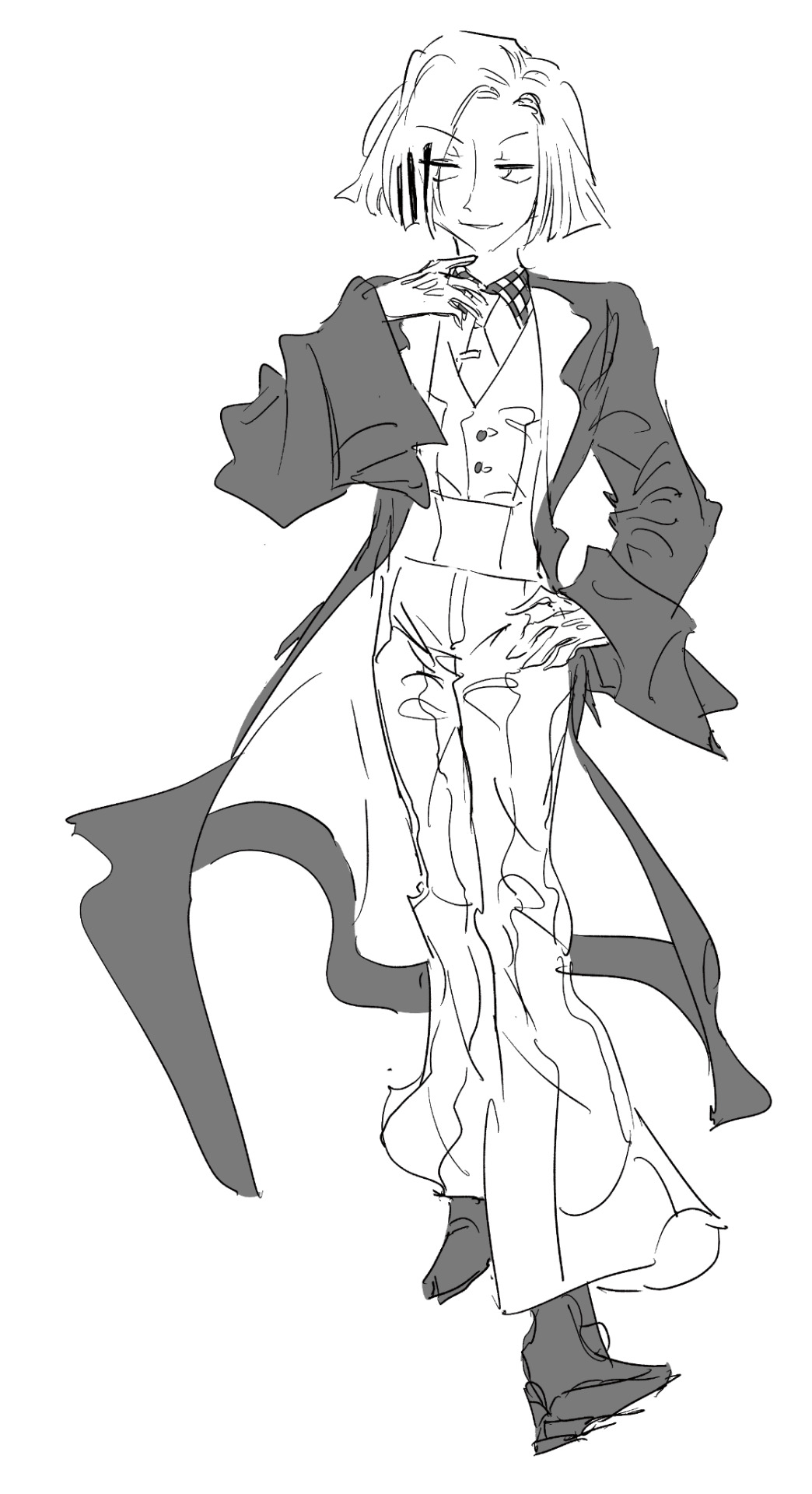
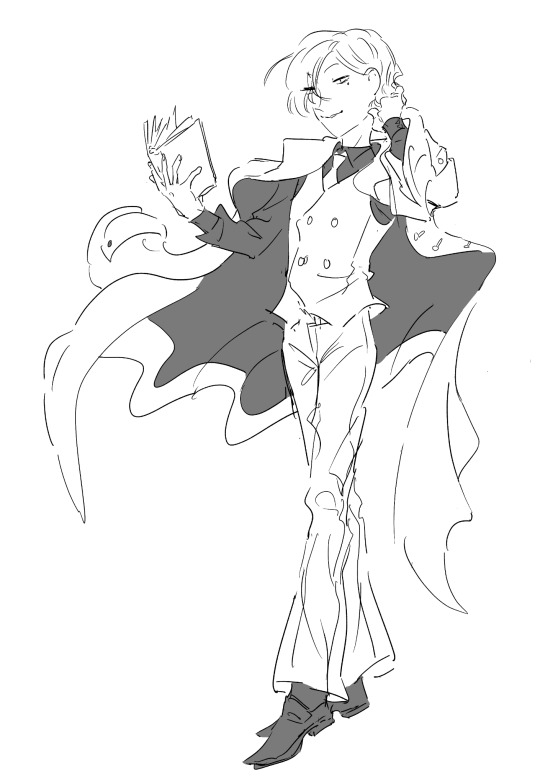
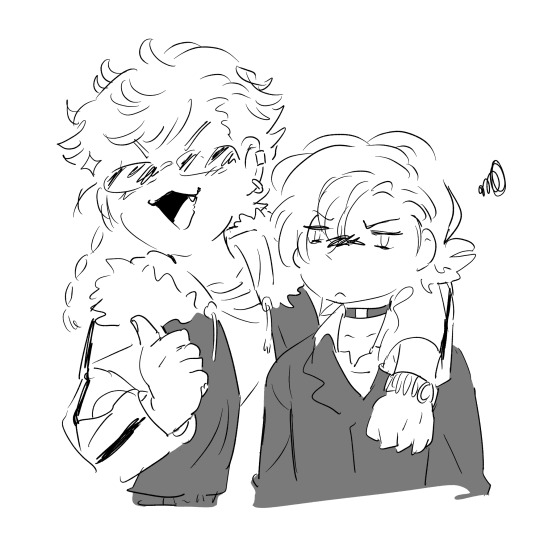
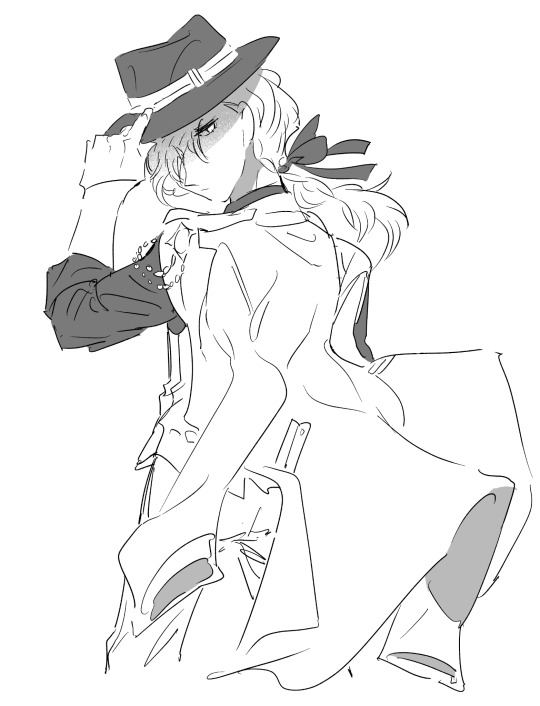
The flags...
And Verlaine!
#bsd#bungou stray dogs#bungo stray dogs#bsd pianoman#bsd lippmann#bsd albatross#paul verlaine#bsd verlaine#fanart#at this point verlaine appears so randomly in my posts that it feels either like a photobomb#or just steven from the SU opening#“Weee are the mafia Flags!”#“AND VERLAINE!”#could work with Adam now that i think of it#it's basically how he met them
741 notes
·
View notes